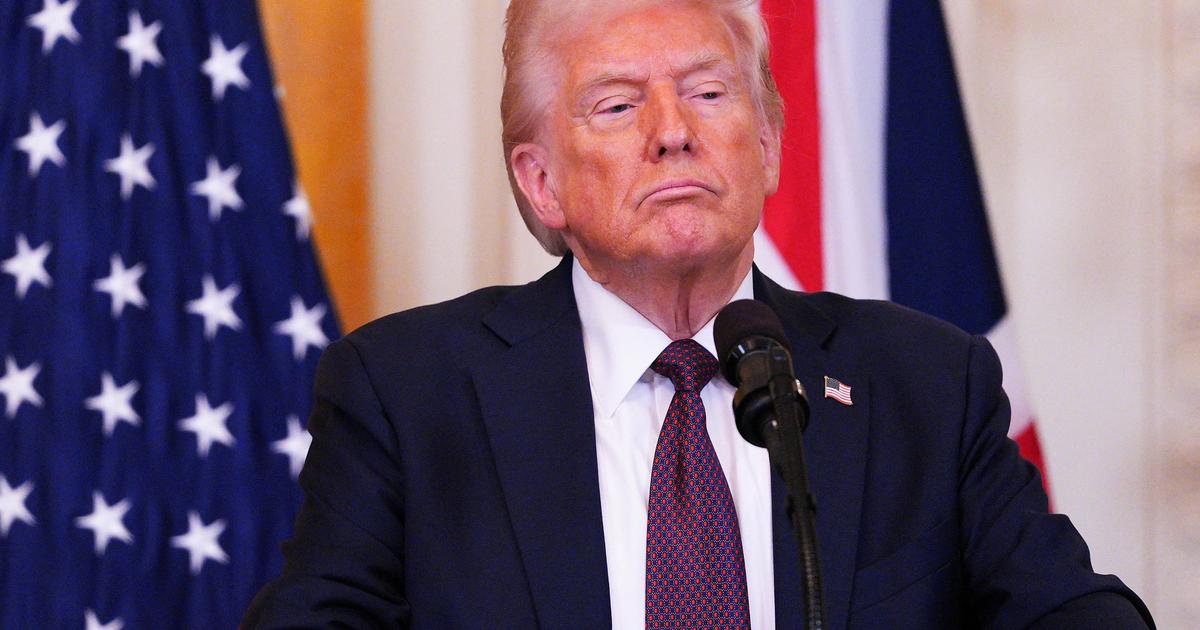President Donald Trump was elected with a promise to alleviate financial pressures on US voters. However, he is encountering significant economic challenges early in his term. Some Republican lawmakers and business leaders are concerned about declining consumer confidence amid proposed tariffs and federal workforce reductions, which strain an economy already dealing with persistent inflation and a slowing job market. Stock markets are lackluster, and recent data indicates growing pessimism among Americans regarding the economy, with heightened expectations of rising prices and fewer employment opportunities.
While GOP leaders, including Trump, attribute rising costs to former President Joe Biden’s stimulus packages, this argument has a limited shelf life. Once Trump fully assumes responsibility for the economy, his party will need to address the broader impacts of his policies. One potential issue is the national debt, which is projected to rise without clear measures to control it. Senator Rand Paul, R-Ky., noted that inflation stems from debt, suggesting that increased debt leads to higher inflation.
Senator Thom Tillis, R-N.C., facing a challenging 2026 reelection, emphasized the importance of managing tariffs to avoid inflationary pressures. He expressed confidence in Trump’s newly appointed U.S. Trade Representative, Jamieson Greer, to handle tariffs appropriately. Trump’s recent threats of higher tariffs on Mexico, Canada, and China present an immediate challenge.
Additionally, Trump’s administration has initiated further federal workforce reductions after dismissing and offering buyouts to tens of thousands of employees. Meanwhile, inflation and jobless claims are rising. Economic policy consultant Kathryn Edwards warned that falling consumer sentiment in a precarious labor market is a dangerous combination.
The administration asserts that its policies, including tariffs, will bolster the economy. Treasury Secretary Scott Bessent stated that tariffs can enhance U.S. industrial capacity, create and protect jobs, and improve national security. He also highlighted their potential as a revenue source. Commerce Secretary Howard Lutnick acknowledged that tariff-driven job returns would take approximately two years.
Efforts to reduce energy costs, such as ending the war in Ukraine and reversing Democratic regulations, will also take time. Congress recently repealed a Biden-era rule imposing charges on oil and gas companies for methane emissions. Senator Josh Hawley, R-Mo., expressed concerns about energy production, suggesting that insufficient expansion could lead to persistent inflation.
Trump’s advisers are considering GOP plans for tax cuts and deficit reductions to ease economic burdens on consumers. White House spokesman Kush Desai attributed lingering inflation to the Biden administration’s economic policies and excessive spending, adding that Trump previously built the greatest economy in American history and aims to replicate that success.
— news from Semafor
